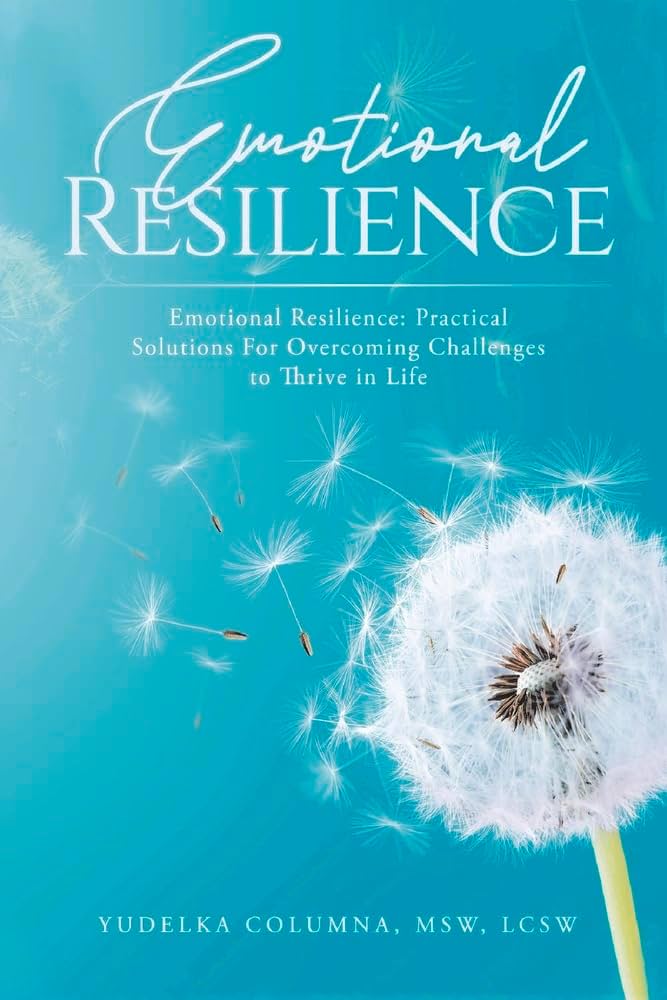Life has a funny way of throwing curveballs at us when we least expect it. Whether it’s the loss of a loved one, a breakup, or a sudden job loss, these obstacles can leave us feeling overwhelmed and emotionally drained. However, it is during these challenging times that we have the opportunity to develop our emotional resilience and come out stronger on the other side.
Emotional resilience, simply put, is the ability to bounce back from life’s setbacks. It is the capacity to adapt and cope with adversity in a healthy and balanced way. Just like physical fitness, emotional resilience is not something we are born with but something that can be developed and cultivated over time.
I vividly remember a period in my life when I was faced with a major personal setback. I had poured my heart and soul into a project at work only to be met with harsh criticism and rejection. It felt as if the ground beneath me had crumbled, and I was left with a sinking feeling of worthlessness and self-doubt. It was during this challenging time that I realized the importance of emotional resilience.
The first step towards building emotional resilience is acknowledging and accepting our emotions. It’s essential to give ourselves permission to feel sad, angry, or disappointed. Suppressing our emotions only delays the healing process and hinders our ability to move forward. By allowing ourselves to fully experience and process our emotions, we pave the way for growth and healing.
In addition to acknowledging our emotions, it’s crucial to surround ourselves with a supportive network of friends and family. During challenging times, it’s easy to withdraw and isolate ourselves, but this only exacerbates our feelings of loneliness and despair. Having a strong support system provides a safe space for us to express our thoughts and feelings, and it reminds us that we are not alone in our struggles.
While seeking support from others is vital, it’s equally important to find solace and strength within ourselves. This can be achieved through the practice of self-care. Taking time for ourselves, whether it’s through meditation, exercise, or engaging in hobbies we enjoy, allows us to recharge and nourish our emotional well-being. Self-care is not selfish; it’s an act of self-preservation that enables us to show up fully for ourselves and others.
Another valuable tool in developing emotional resilience is changing our perspective. It’s easy to get trapped in a negative cycle of destructive thoughts when faced with adversity. However, when we shift our mindset and reframe our challenges as opportunities for growth and learning, we open ourselves up to new possibilities. It’s all about finding the silver lining and embracing the idea that setbacks are not the end but rather a stepping stone towards personal development.
Building emotional resilience is not a linear process; setbacks and relapses are a part of the journey. It’s essential to be patient and kind with ourselves during these moments. Just like physical fitness, emotional resilience requires consistent practice and perseverance. It’s through these challenges that we discover our inner strength and resilience.
The journey towards emotional resilience has not been easy, but it has been transformative. The setbacks and obstacles I have faced have taught me invaluable lessons about resilience, compassion, and the power of the human spirit. I have come to realize that it’s not about avoiding adversity but rather embracing it as an opportunity to grow.
So, if you find yourself facing a difficult time, remember that you have the capacity to overcome it. Embrace your emotions, seek support, practice self-care, and shift your perspective. It’s in these moments of adversity that our emotional resilience is strengthened, allowing us to thrive in the face of any challenge that comes our way.
